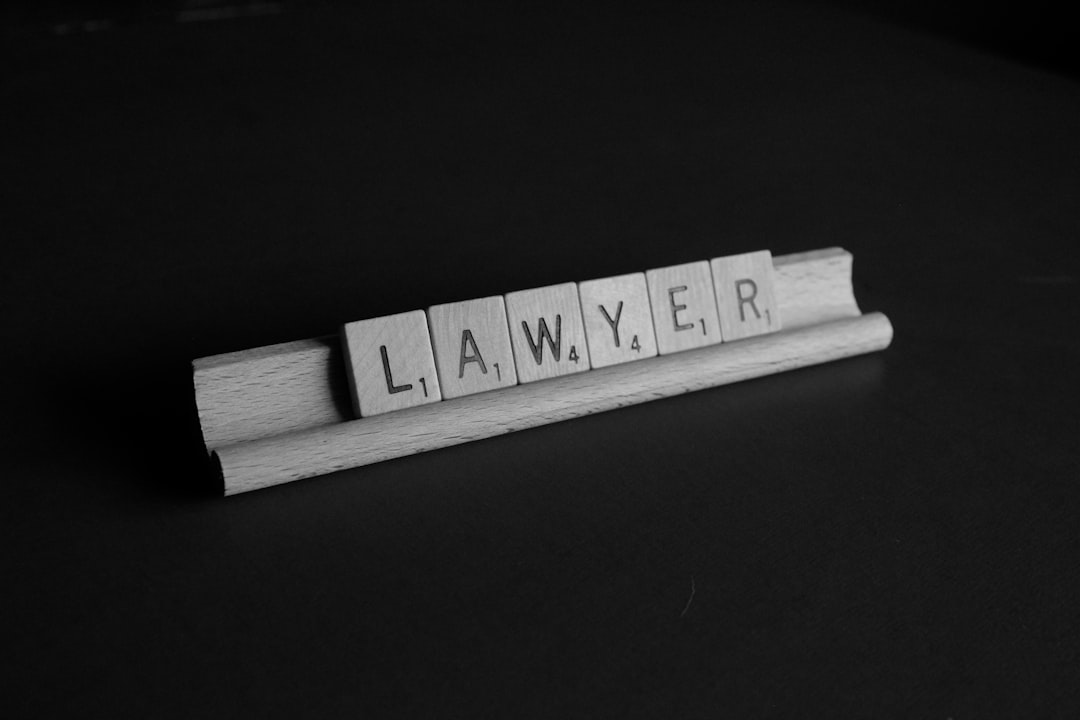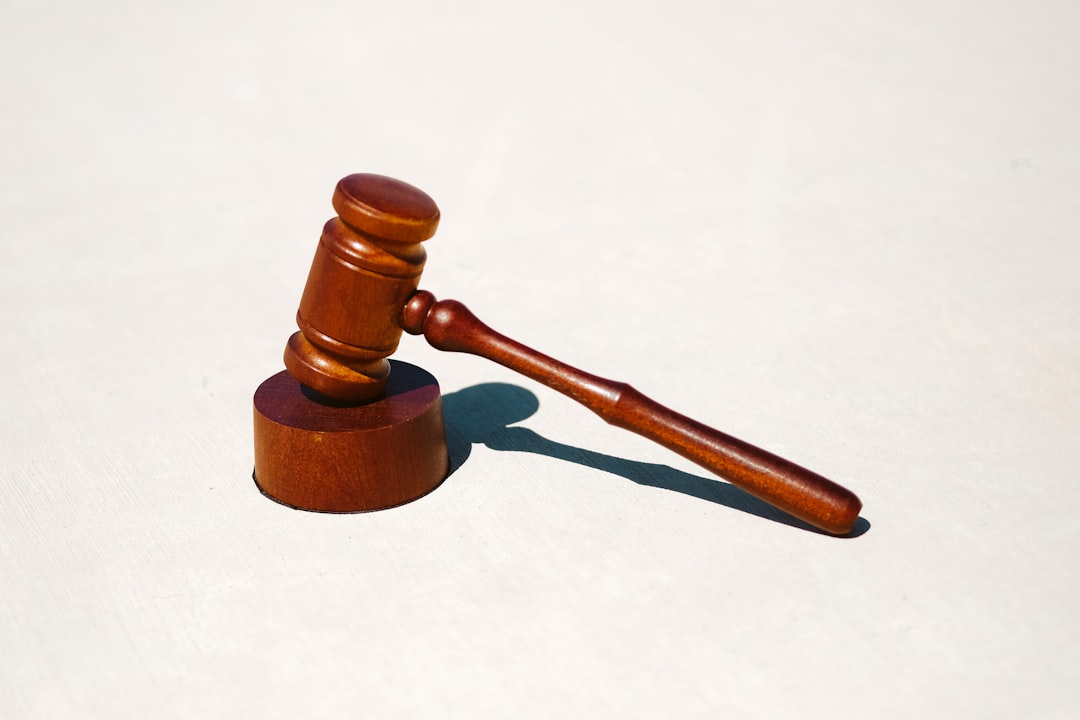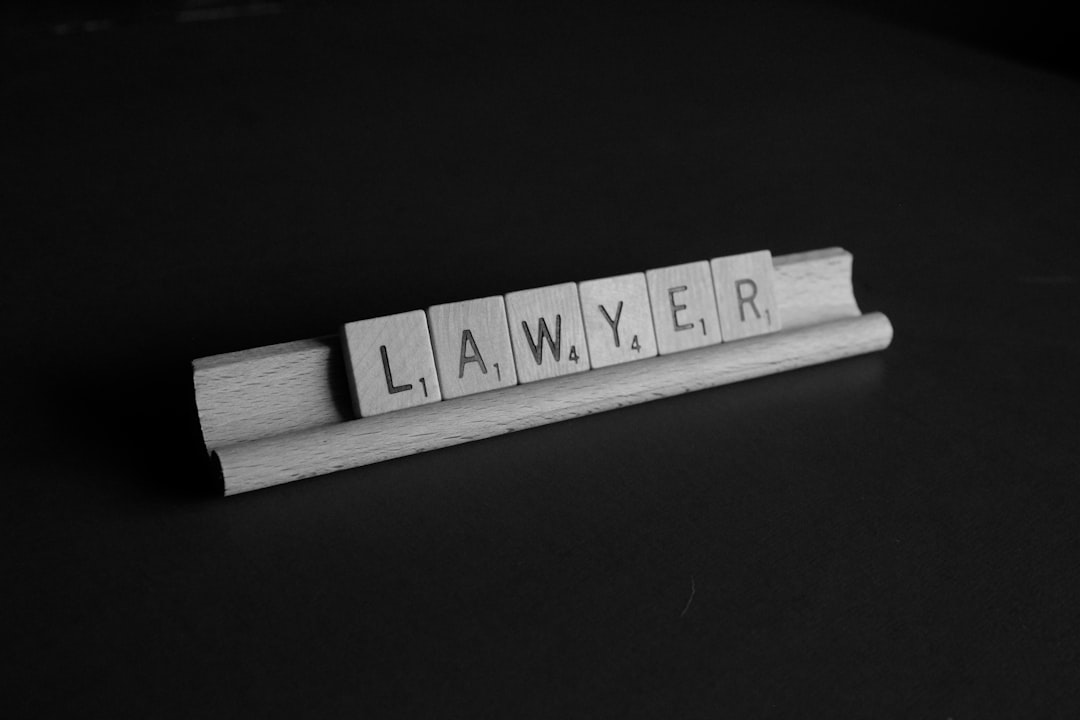Debt collector laws in Minnesota protect consumers from aggressive collection tactics through state and federal regulations like the FDCPA and TCPA. Consumers have rights to debt validation, cease communication, and legal recourse against violators. Understanding these laws empowers individuals to navigate debt collection fairly and document unethical behavior for potential legal action.
In Minnesota, understanding your rights regarding debt collection practices is crucial. Illegal debt collection calls can be a persistent and stressful issue for many residents. This guide navigates Minnesota’s debt collection laws, equipping you with knowledge to identify unethical practices. Learn how to exercise your debtor rights, employ strategies to stop unwanted calls, and explore legal action options against unscrupulous debt collectors. By being informed, you can protect yourself within the framework of Minnesota’s debt collection regulations.
Understanding Debt Collection Laws in Minnesota

In Minnesota, debt collection practices are governed by state laws designed to protect consumers from aggressive or unfair tactics. The Minnesota Attorney General’s Office outlines clear guidelines for debt collectors, ensuring they operate within ethical and legal boundaries. For instance, debt collectors must identify themselves, provide validation of the debt, and cease contacting individuals once a valid payment plan or debt dispute is established. These regulations are part of the Fair Debt Collection Practices Act (FDCPA), which also prohibits abusive, false, or misleading practices, such as threatening language or calls at unreasonable hours.
Understanding these laws is crucial for both consumers and debt collectors in Minnesota. Consumers should be aware of their rights, including the right to dispute debts and request validation. Debt collectors, on the other hand, must adhere strictly to these regulations to avoid legal repercussions. Staying informed about debt collection laws ensures a fair and transparent process, fostering a positive relationship between debtors and collectors.
Identifying Illegal Debt Collection Practices

Debt collectors in Minnesota must adhere to strict regulations set forth by state laws to ensure fair and ethical practices. Understanding what constitutes illegal debt collection is crucial for consumers. One key indicator is aggressive or threatening behavior, such as using abusive language, making false statements about the consumer’s debt, or demanding immediate payment. Debt collectors cannot harass or abuse individuals; they must communicate in a polite and respectful manner.
Additionally, collectors should provide proper validation of the debt, including details about the original creditor and the amount owed. They must also respect consumers’ right to request verification and cease contact upon receiving certain requests, such as when a consumer disputes the debt or asks for proof of the claim. Familiarizing yourself with these debt collector laws in Minnesota can empower you to recognize and stop illegal collection practices effectively.
Your Rights as a Debtor in Minnesota

In Minnesota, both state and federal laws protect debtors from illegal debt collection practices. The Telephone Consumer Protection Act (TCPA) restricts how debt collectors can contact you by phone, including automated calls and prerecorded messages. Additionally, the Fair Debt Collection Practices Act (FDCPA) governs the behavior of debt collectors, prohibiting abusive, false, or deceptive tactics.
As a debtor in Minnesota, you have the right to request validation of the debt, meaning a collector must provide proof that the debt is legitimate and the amount they claim is accurate. You can also demand that communication from debt collectors cease if you feel they are violating your rights. Knowing and understanding these rights is essential for navigating debt collection in Minnesota according to the established laws.
Strategies to Stop Unwanted Calls from Debt Collectors

To stop unwanted calls from debt collectors in Minnesota, there are several effective strategies you can employ. First, understand your rights under the Fair Debt Collection Practices Act (FDCPA), a federal law that regulates debt collectors’ behavior. This act gives you the right to request that a collector cease contacting you. You can make this request in writing, ensuring you keep a copy for your records. Additionally, many states have their own debt collection laws, so reviewing Minnesota’s specific regulations is essential.
Techniques such as registering your number with the National Do Not Call Registry and using call-blocking apps can significantly reduce the volume of calls you receive. Regularly updating your contact information with creditors and credit bureaus can also help prevent collectors from reaching out. If a collector persists despite your requests, document every interaction, including dates, times, and details of the calls, as this may be useful if you decide to take legal action under the FDCPA or Minnesota’s debt collection regulations.
Legal Action Against Unethical Debt Collectors

In Minnesota, debt collectors must adhere to strict regulations outlined in the debt collection laws. Engaging in unethical practices, such as harassing calls or false representations, can lead to legal action. Consumers who feel they have been wronged by a debt collector can file complaints with the Minnesota Attorney General’s Office and seek compensation through small claims court. These measures serve as powerful tools for holding debt collectors accountable and protecting residents from abusive collection tactics.
If a debt collector violates the Minnesota debt collection laws, individuals may take legal action to stop the calls and recover damages. This includes seeking punitive damages for intentional violations, such as repeated phone harassment or making false statements about the debt. Understanding their rights is crucial for consumers facing relentless debt collection efforts, empowering them to defend against unfair practices and seek a resolution under the state’s robust legal framework.






